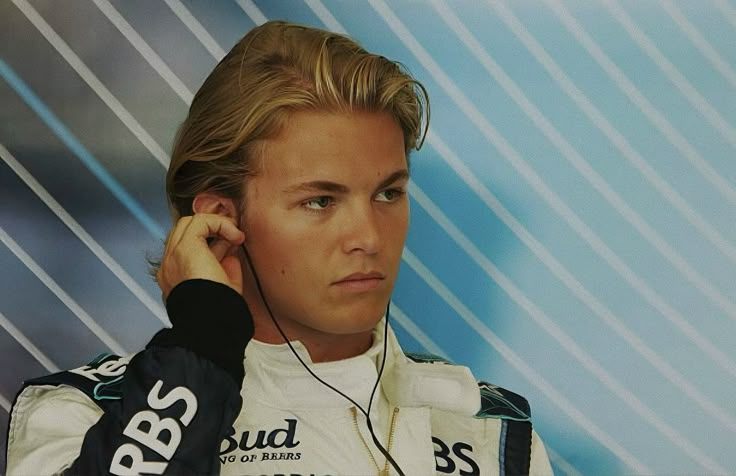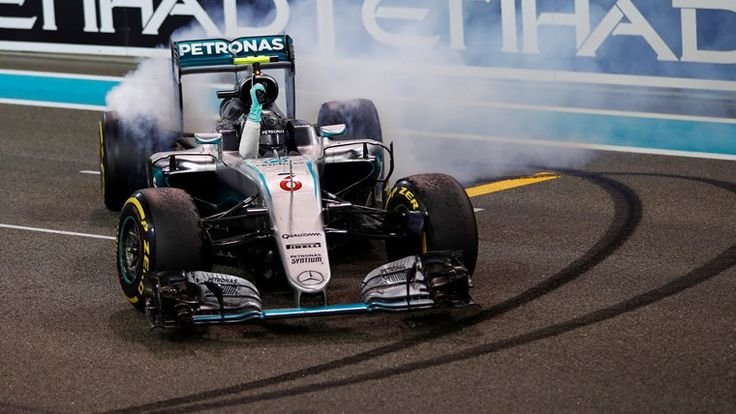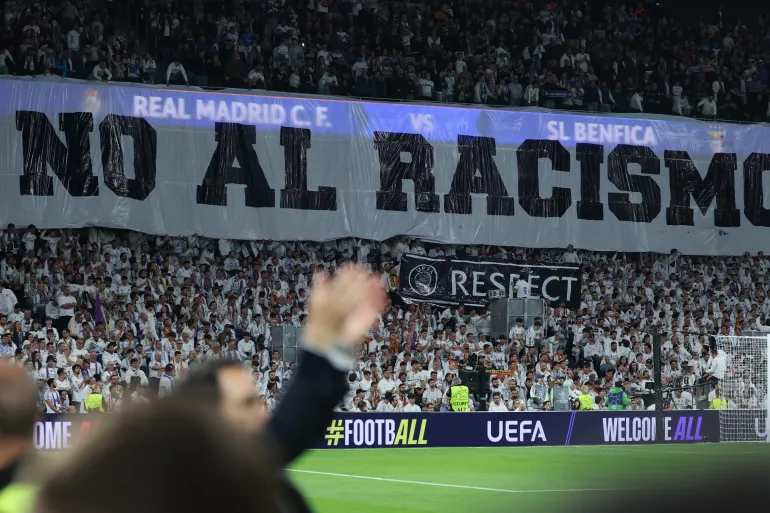The 2025 Formula 1 season continues to deliver intense battles both on and off the track. At the Italian Grand Prix in Monza, McLaren became the latest team caught in the storm of controversy when team orders were issued to Oscar Piastri, instructing him to let Lando Norris back through after a slow pit stop had shuffled their positions. The decision quickly divided fans, pundits, and drivers, sparking heated debates across the paddock.
Among the voices weighing in was 2016 F1 World Champion Nico Rosberg, whose experience with intra-team rivalries at Mercedes makes his perspective especially relevant. Nico Rosberg reacts to McLaren team orders by calling them “the better of two bad options,” explaining that while no driver wants to be told to give up a position, McLaren’s choice was ultimately about correcting their own operational mistake.
The controversial Monza team order
The drama unfolded in the closing laps of the Italian Grand Prix. A slower pit stop for Norris meant Piastri temporarily gained track position, effectively undercutting his teammate. However, McLaren quickly instructed the young Australian to hand the place back, restoring the pre-pit order.
For some fans, the call robbed Piastri of a hard-earned advantage. For others, it was the only fair solution, since Norris had been ahead before the team’s error in the pits.
Rosberg explained the dilemma bluntly:
“Both routes were bad. But McLaren went with the one that kept the Drivers’ Championship as fair as possible. In the end, they corrected their own mistake, and that was the better way to handle it.”
Rosberg on McLaren’s “better bad option”
Rosberg argued that pit stop times are traditionally seen as part of racing luck — sometimes you win, sometimes you lose. But in this case, McLaren’s own error made the situation more complicated.
He noted that McLaren essentially faced a no-win scenario: let Piastri keep the place and risk undermining Norris’s championship push, or order a switch and frustrate their rising star. Ultimately, they chose the second option, which Rosberg believes was more sustainable for the team’s long-term goals.
Comparisons with Hamilton-Rosberg rivalry
The debate instantly reminded fans of Mercedes’ title battles between Rosberg and Hamilton from 2014–2016. Those years saw constant friction over team orders, strategy calls, and the fine line between racing for yourself and racing for the team.
Team boss Toto Wolff famously described Rosberg and Hamilton as “two assassins” locked in combat, each pushing the other to the limit while balancing team interests.
Reflecting on that period, Rosberg pointed to the 2016 Monaco Grand Prix as a key moment. Struggling for pace, he was ordered to let Hamilton through so Mercedes could still fight for victory against Daniel Ricciardo.
“We had very clear ‘Silver rules’ at Mercedes. If the team’s win was at risk, we had to work together. It was tough in the moment, but the rules were clear, so I moved aside for Lewis.”
Rosberg contrasted this with McLaren’s situation, where the rules appear less defined. He suggested that makes it harder for drivers like Piastri to accept decisions that feel inconsistent or unprecedented.
Piastri’s frustration
While Piastri complied with the order at Monza, Rosberg acknowledged that it would have been a bitter pill to swallow.
“If you’re Oscar, it will drive you nuts. Historically, pit stop speed has always been part of racing. If someone loses out in the pits, that’s tough luck. So of course, from his perspective, it feels unfair.”
For a young driver like Piastri, competing head-to-head with his teammate for the championship, the psychological impact of being told to move aside could linger. Still, Rosberg emphasized that the team’s responsibility is to avoid being seen as deciding the title through operational errors rather than racing performance.
Why McLaren made the right call
In Rosberg’s view, McLaren’s choice ultimately preserved the integrity of the title fight. By restoring the order as it was before the pit stop problem, they avoided allowing an internal mistake to artificially change the balance of the championship.
“They took the route that was definitely better. Both routes were bad, but this one was fairer,” he concluded.
For McLaren, the bigger picture is clear: ensuring their two drivers remain in the championship fight on equal terms, without fueling unnecessary tension.
What this means for the 2025 season
The Piastri-Norris rivalry is shaping up to be one of the most compelling storylines of the 2025 season. Unlike Rosberg and Hamilton’s explosive battles, the relationship between the McLaren pair has so far been respectful — but incidents like Monza will test that dynamic.
Rosberg, who knows firsthand how fragile intra-team rivalries can become, hinted that McLaren must tread carefully:
“Once trust is broken, it’s very hard to rebuild. That’s what we saw at Mercedes. McLaren will need to make sure both drivers feel they are treated fairly, or the tension could escalate.”
With multiple races still ahead, including the upcoming Azerbaijan Grand Prix in Baku, McLaren’s handling of strategy and team orders will remain under close scrutiny.

Conclusion
The Italian Grand Prix team order has reignited old debates in Formula 1 about fairness, strategy, and the balance between team and driver ambitions. For Nico Rosberg, McLaren’s call was imperfect but necessary, reminding fans of his own clashes with Lewis Hamilton nearly a decade ago.
As the 2025 season heads into its decisive stretch, the rivalry between Oscar Piastri and Lando Norris could mirror the intensity of past intra-team battles. Whether McLaren can manage it without sparking a full-scale feud will be one of the defining storylines of the year.



